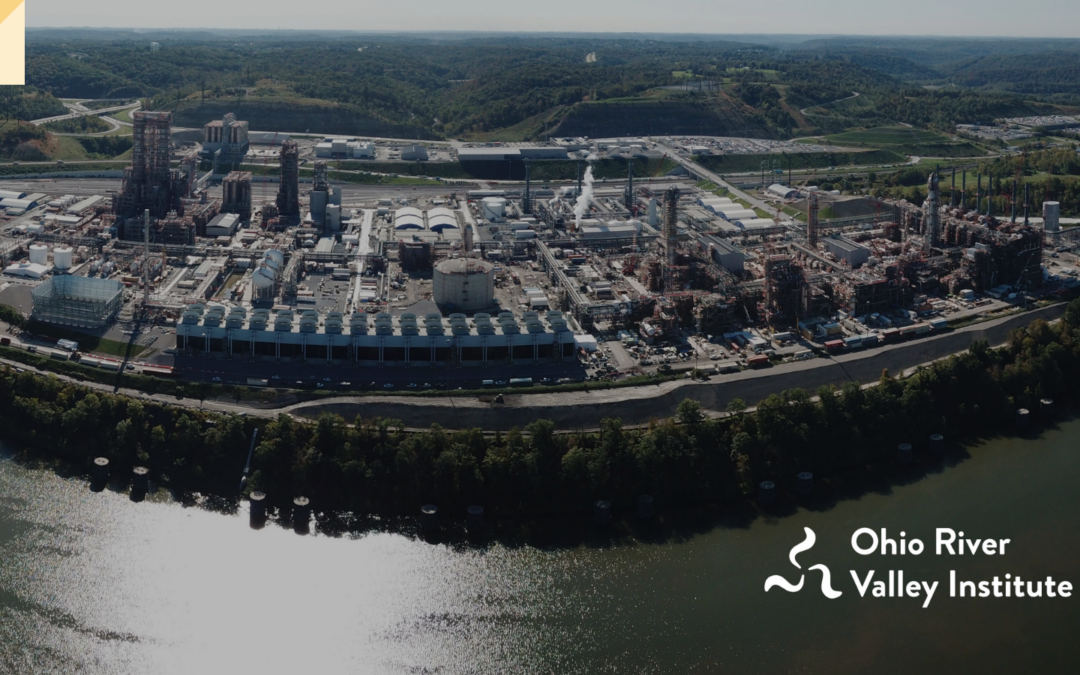
by Eric de Place and Molly Kiick | Nov 30, 2021 | Petrochemicals & Plastics, Reports
Download report Download summary Download digital toolkit Beaver County, Pennsylvania is a real-time case-study in the local economic impacts of petrochemical development. It is home to the construction site of a Shell petrochemical facility estimated to cost...

by Kathy Hipple and Anne Keller | Nov 10, 2021 | Petrochemicals & Plastics, Reports
Download report Download summary Download digital toolkit The Appalachian petrochemical buildout is on shaky ground. Despite speculation that supply chain constraints, COVID-induced shortages of key products, and volatile energy prices could “re-shore” virgin...
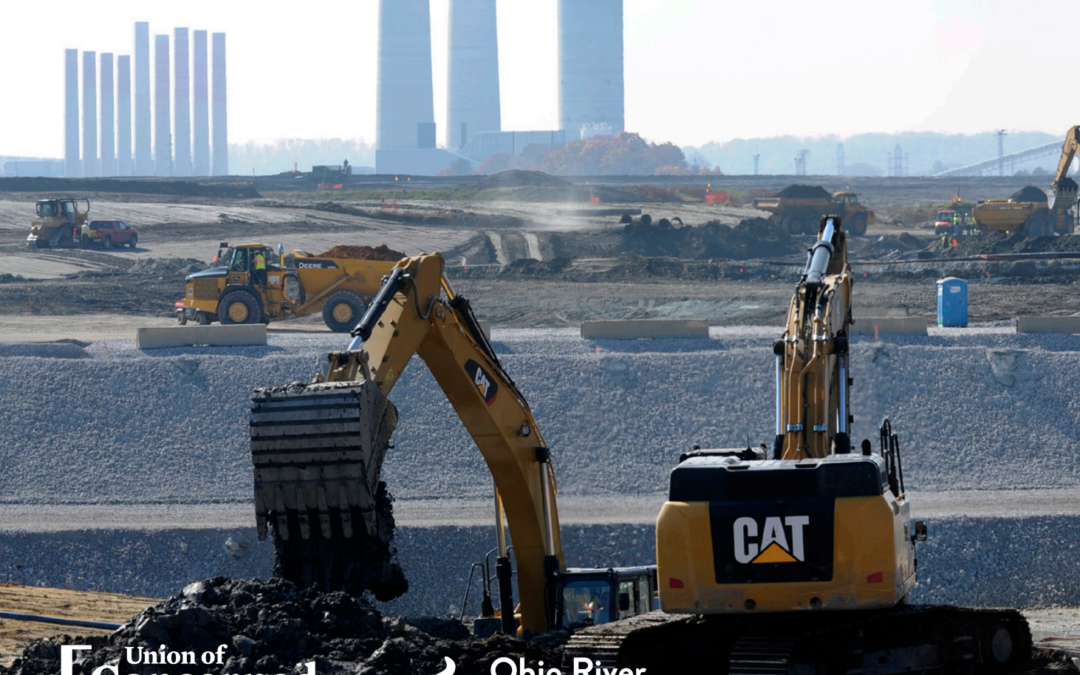
by Ted Boettner | Oct 13, 2021 | Coal Ash, Repairing the Damage, Reports, Shared Prosperity and Clean Energy
Download report Download summary In partnership with ReImagine Appalachia and Union of Concerned Scientists, the Ohio River Valley Institute is releasing a new report titled: Repairing the Damage: Cleaning up Hazardous Coal Ash Can Create Jobs and Improve the...
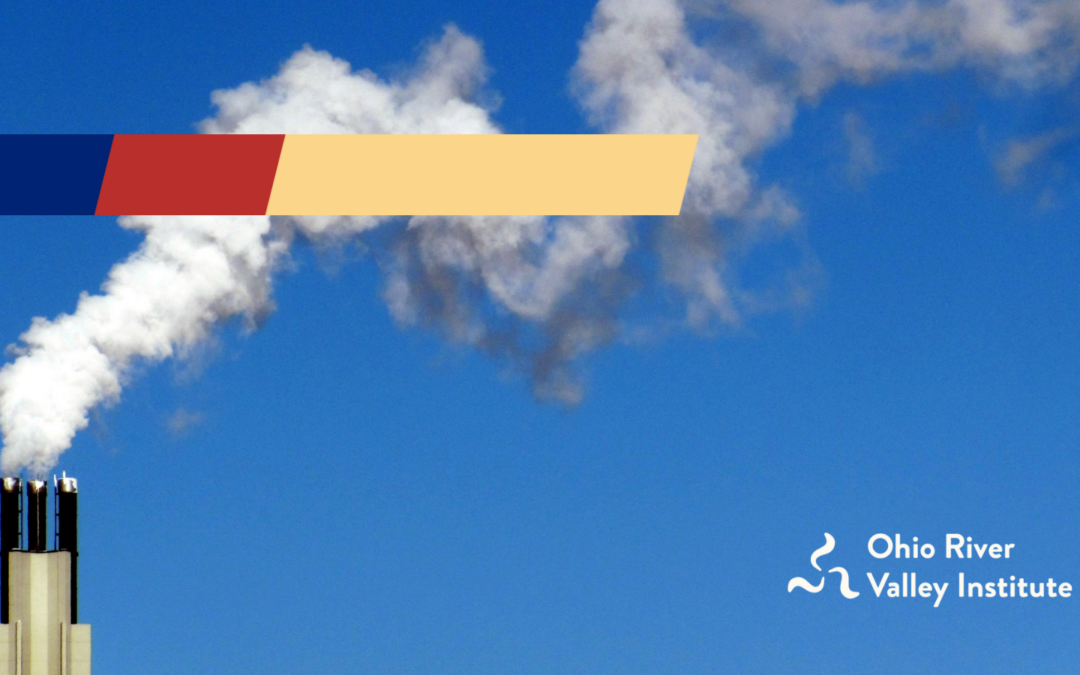
by Sean O'Leary | Oct 7, 2021 | Hydrogen & Carbon Capture, Reports
Download report Download summary Download digital toolkit With a price tag of $100 billion/year, widespread adoption of CCUS in our electric system would spark outrage if its cost showed up in our monthly bills. But members of Congress, including some climate...
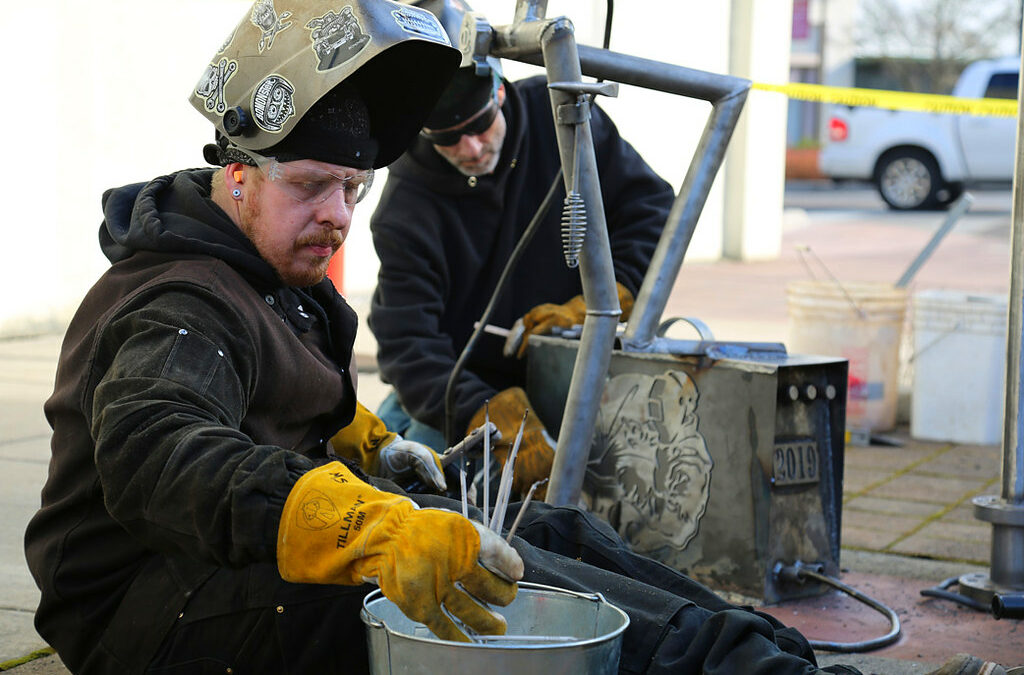
by Ted Boettner | Sep 29, 2021 | Reports, Shared Prosperity, Shared Prosperity and Clean Energy
Click here to view and download the full report. For much of its history, the Appalachian region has lagged the rest of the nation in measures of economic prosperity, health, education, and infrastructure. The region, especially central Appalachia, has been rich in...
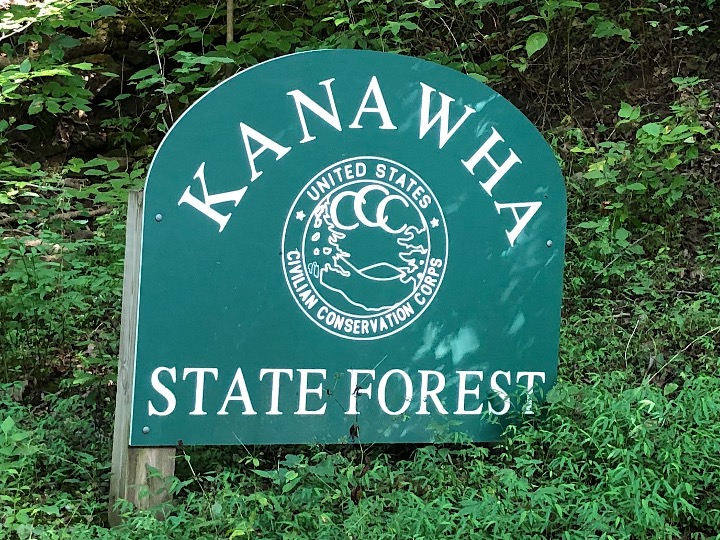
by Ted Boettner | Sep 15, 2021 | Reports, Shared Prosperity and Clean Energy
Momentum is growing for creating a 21st century Civilian Conservation Corps (CCC) that would reduce carbon emissions, grow jobs, and restore our natural resources and environment. At least seven bills have been introduced in Congress this year to revive the CCC and...
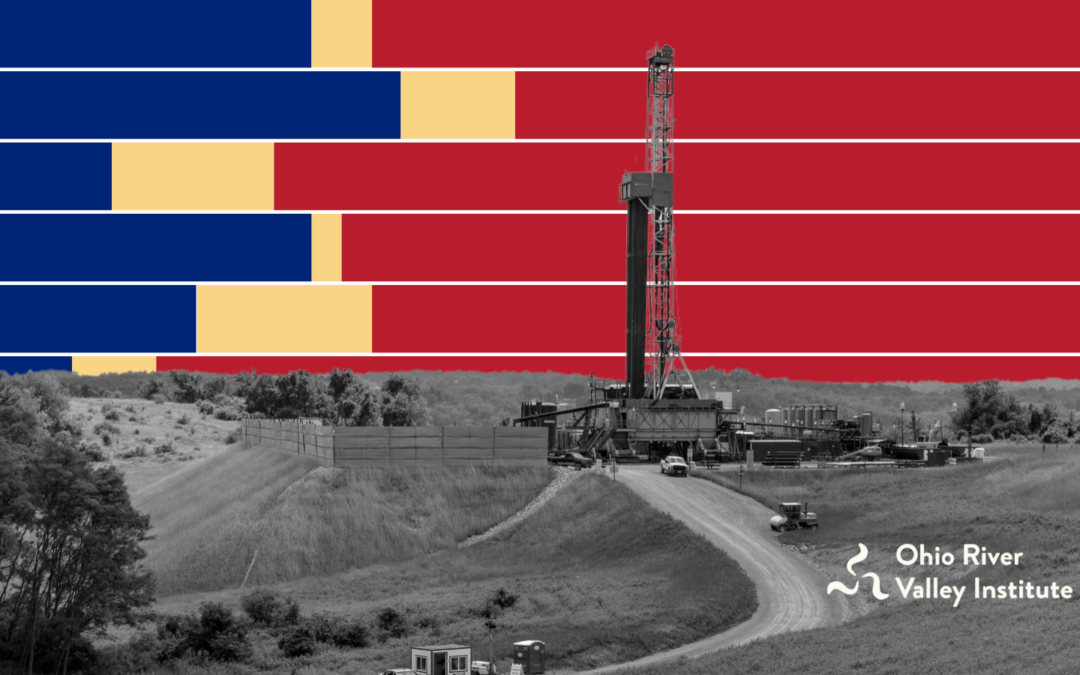
by Eric de Place | Jul 29, 2021 | Natural Gas, Reports
Download summary Download toplines Download crosstabs A groundbreaking new opinion poll released today by the Ohio River Valley Institute shows that, by wide margins, state voters support a serious crackdown on fracking operations. The poll shows that voters...
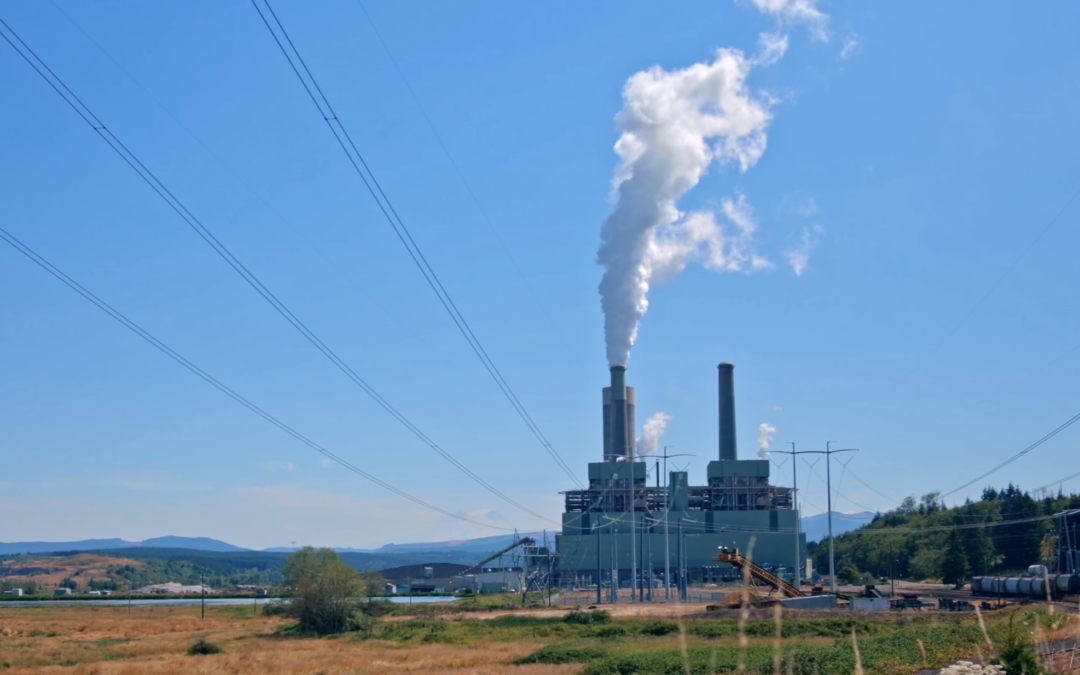
by Sean O'Leary | Jul 20, 2021 | Reports, Shared Prosperity and Clean Energy
Download report Download summary Download digital toolkit If there are some industries in which immense amounts of investment can fail to produce significant increases in jobs and prosperity, might there be other industries in which comparatively small investments can...
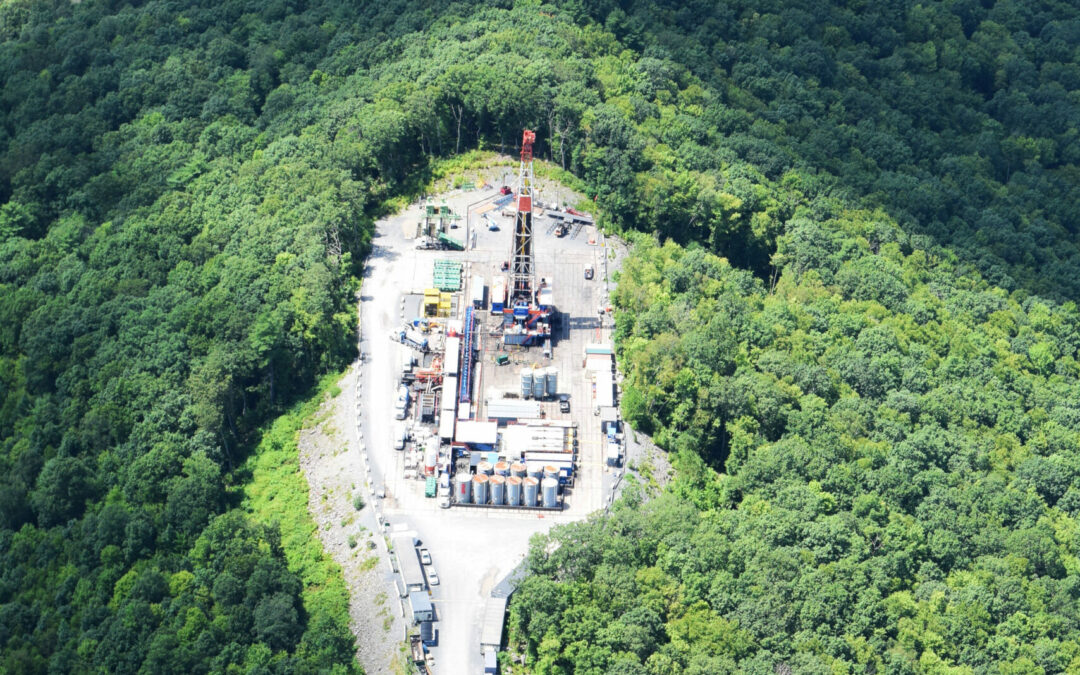
by Sean O'Leary | Jul 20, 2021 | Natural Gas, Reports
Click to view and download Download summary Download digital toolkit Between 2008 and 2019, the twenty-two counties in Ohio, Pennsylvania, and West Virginia that produce 90% of Appalachian natural gas badly trailed the nation in key measures of economic...
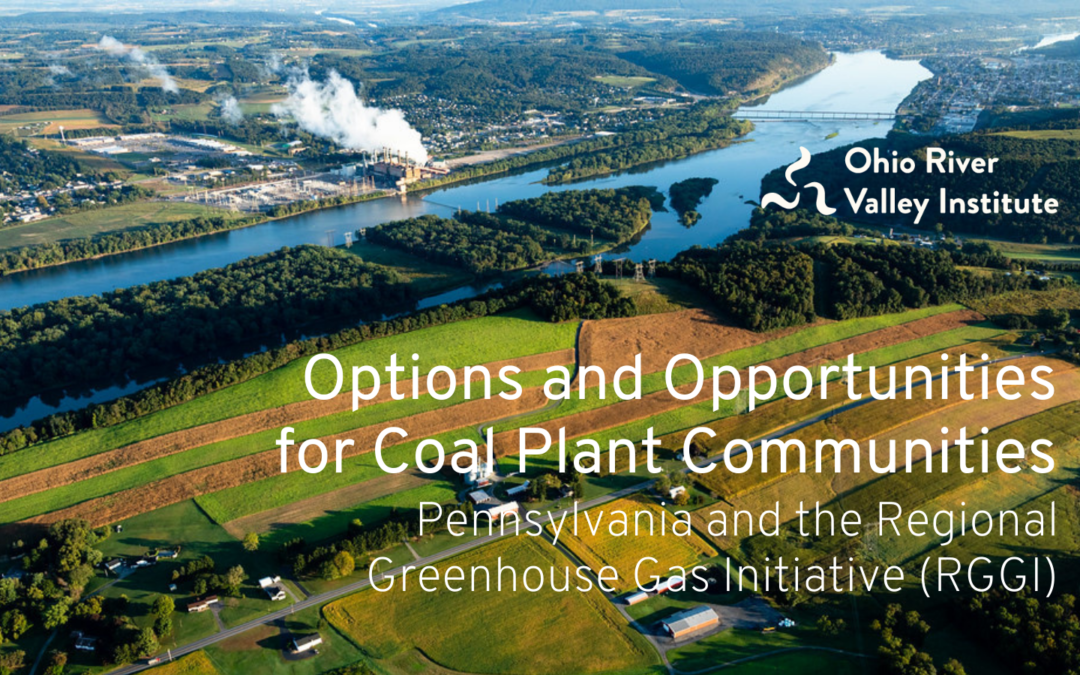
by Joe Cullen | Jun 30, 2021 | Reports, Shared Prosperity and Clean Energy
Click here to view and download the report. Executive Summary On November 7, 2020, Governor Wolf’s proposed CO2 Budget Trading Program Regulation was published in the Pennsylvania Bulletin, setting in motion a full comment and rulemaking process for the Commonwealth’s...











